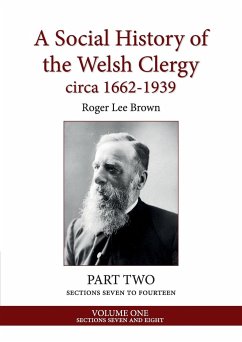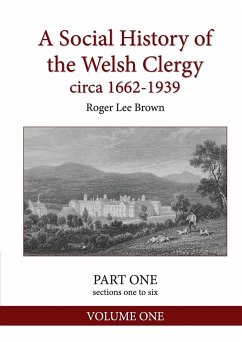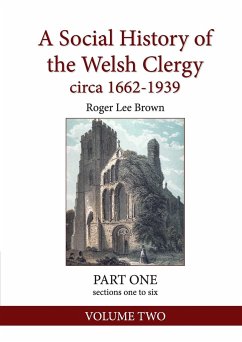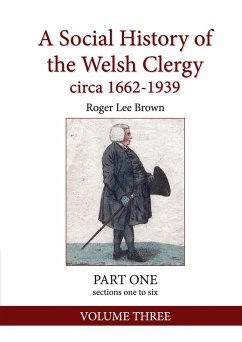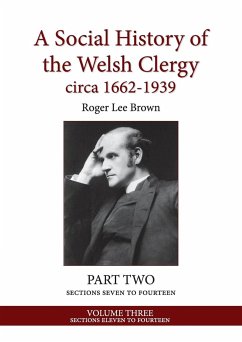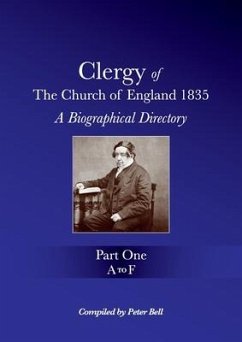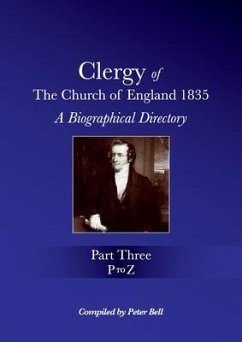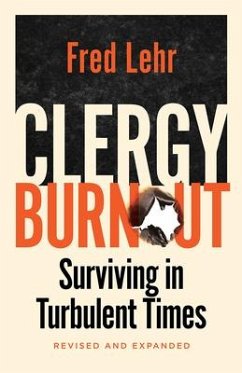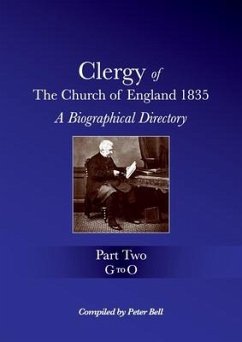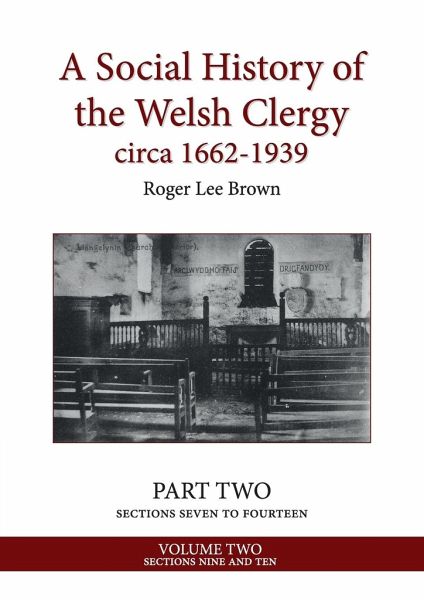
A Social History of the Welsh Clergy circa 1662-1939
PART TWO sections seven to fourteen. VOLUME TWO
Versandkostenfrei!
Versandfertig in 1-2 Wochen
21,99 €
inkl. MwSt.

PAYBACK Punkte
11 °P sammeln!
The visiting of parishioners and the care of the sick and dying were some of the responsibilities of the clergy, and these tasks were duly emphasised in many visitation sermons and charges. As the Word of God was preached in the services, so it needed to be applied in the homes. Both were aspects of feeding the flock. Bishop Bull, for example, in his 1708 Charge, reminded his clergy of their duty of not only visiting at times of acute illness, but of acquainting themselves with their flock when they were in health, "in order to promote the great end of their own function, the salvation of soul...
The visiting of parishioners and the care of the sick and dying were some of the responsibilities of the clergy, and these tasks were duly emphasised in many visitation sermons and charges. As the Word of God was preached in the services, so it needed to be applied in the homes. Both were aspects of feeding the flock. Bishop Bull, for example, in his 1708 Charge, reminded his clergy of their duty of not only visiting at times of acute illness, but of acquainting themselves with their flock when they were in health, "in order to promote the great end of their own function, the salvation of souls." His contemporary at St Asaph, William Fleetwood, told his clergy they were not to be busy-bodies nor meddlers with other people’s domestic and temporal concerns, as this was distasteful to people. Nevertheless, "unless they be most diligent and heedful Observers of the Lives and Manners of their People, they will neither preach pertinently to them in their Churches, nor discourse properly in their Houses, nor rightly apply to them, on their Sick Beds. To do these Patients the best Service, one must thoroughly know, and be well acquainted, with their condition."



